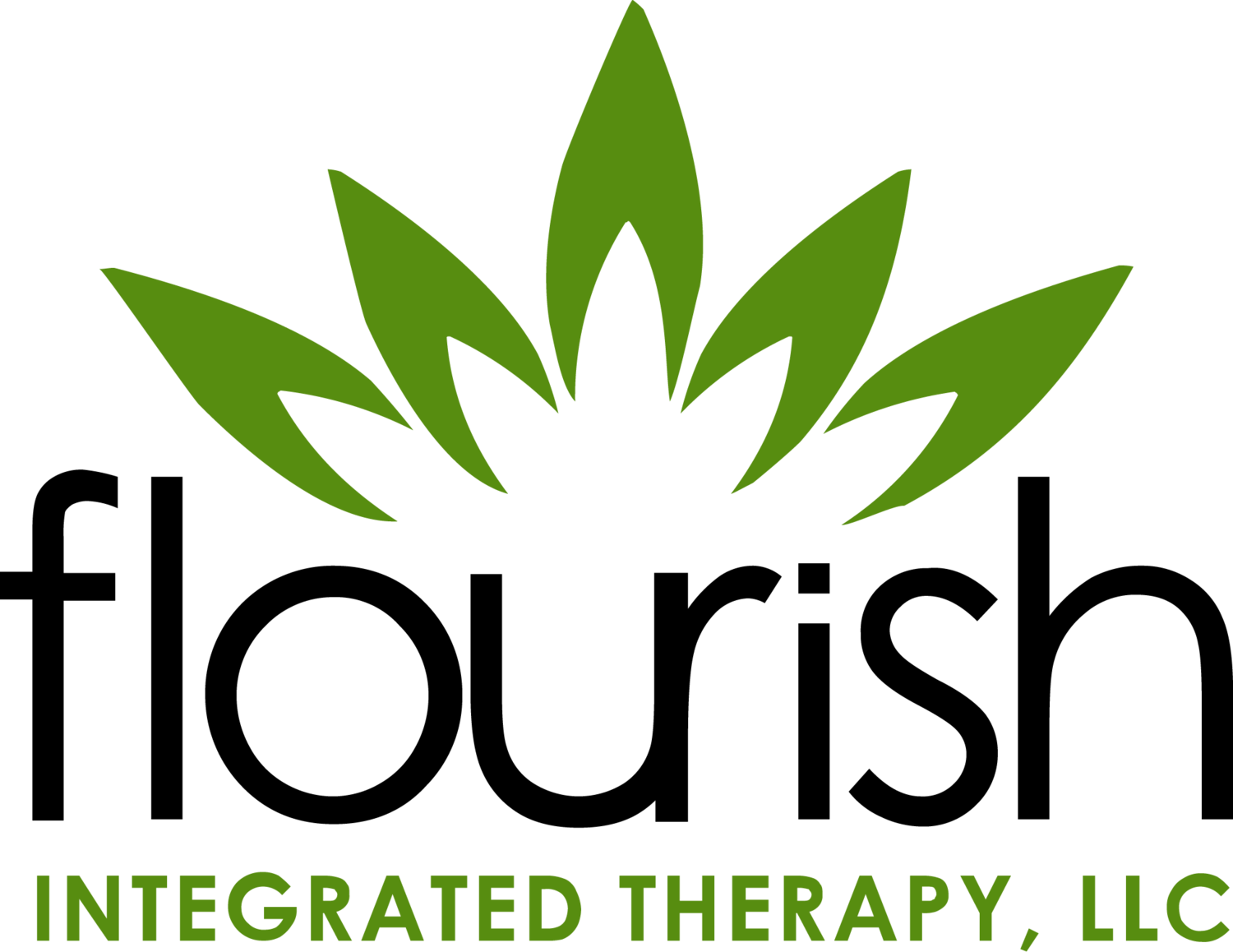services
Speech-Language Therapy
What is Speech-Language Therapy?
Speech-Language Therapy is the practice of treating communication delays or disorders. Communication encompasses speech, language, cognitive communication, executive function, fluency, voice, and pragmatic (social) language skills. Speech-Language Pathologists (SLPs) can also evaluate and treat swallowing difficulties (often called dysphagia). SLPs empower clients to be confident communicators in all areas of life.
Why might my child need a speech-language evaluation and/or treatment?
If you have concerns about or notice a significant difference between your child and same age peers in the following categories, a speech evaluation may be beneficial:
difficulties with speech sound production (articulation, phonology, motor speech)
differences or challenges with receptive (what is understood) or expressive language (what is spoken)
difficulties interacting with others (social communication challenges)
fluency or stuttering concerns
executive functioning challenges

Our speech-language pathologists are trained to evaluate and treat:
Articulation delays and disorders
Phonological delays and disorders
Motor speech disorders (i.e. Childhood apraxia of speech)
Receptive/expressive language delays
Augmentative and Alternative Communication (AAC) interventions
Social Pragmatic Language DIsorder (with or without autism spectrum disorder)
Fluency Disorders (stuttering and/or cluttering)
Evaluation
An evaluation is a one hour appointment where a speech-language pathologist will conduct a series of assessments and observations to determine a child’s functional level and needs. Based on this evaluation, the therapist will write up an evaluation report and plan of care. The clinician will recommend the duration and frequency of speech-language therapy services.
1:1 Treatment
Individual speech-language therapy consists of a 1:1 session with a speech-language pathologist and a client. If caregivers join the session they can expect to participate or observe, getting feedback and explanations about treatment techniques. Caregivers can expect suggestions for carryover to skills to help with needs at home. If caregivers do not join the session, they can expect 25 minutes of treatment time with their child with the last five minutes spent on education and report of goals addressed.

